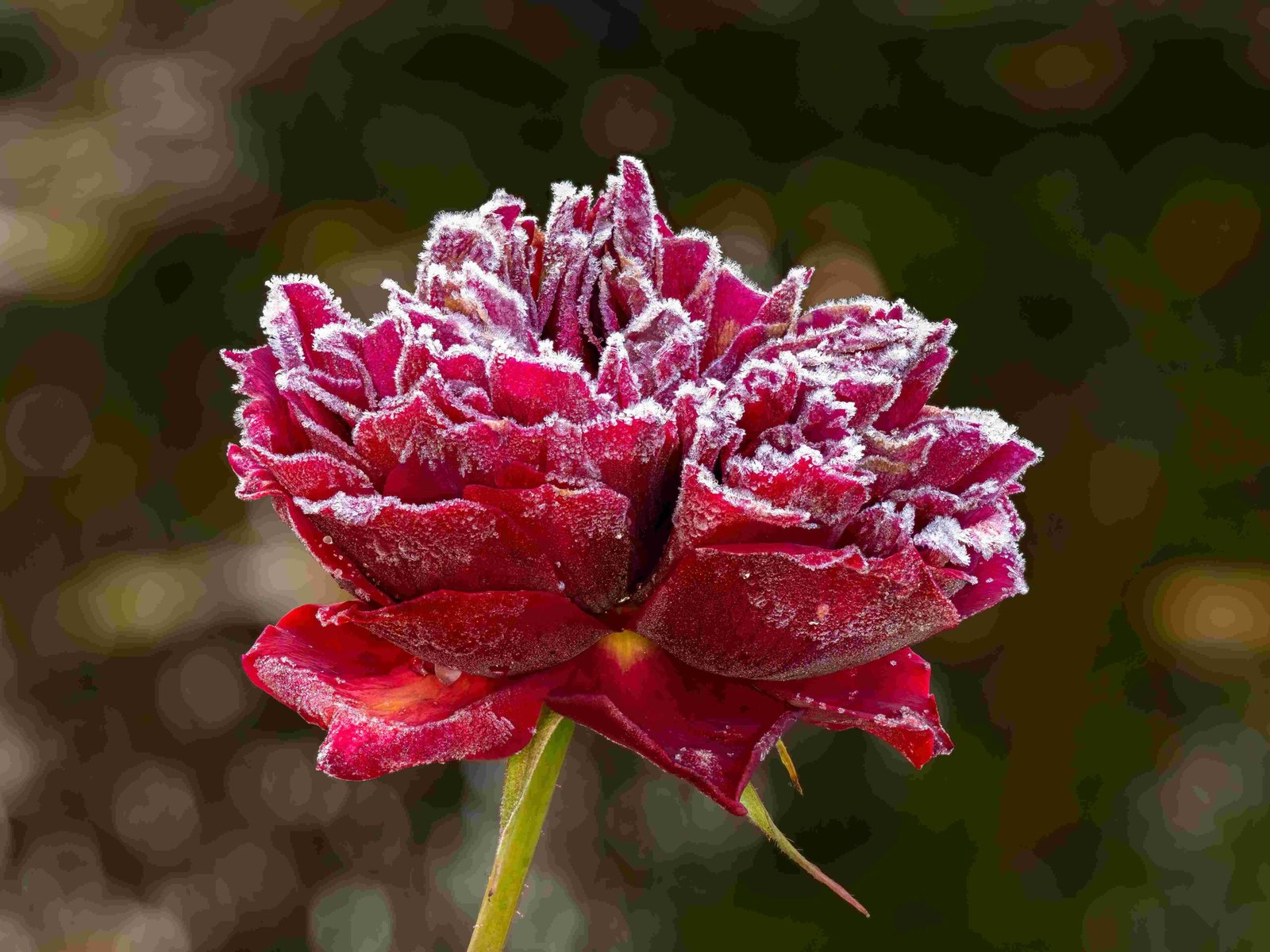What are the Optimal Storage Conditions for Rose Water?

To keep rose water from molding, it’s crucial to store it in the right conditions. The key considerations are temperature, humidity, and light exposure.
What Temperature Should Rose Water be Stored At?
Rose water should be stored in a cool place, ideally between 2-7°C (35-45°F). Refrigeration is highly recommended to slow down bacterial and mold growth.
What Humidity Level is Best for Storing Rose Water?
While specific humidity levels are not detailed, it is crucial to store rose water in a dry place to prevent moisture from contributing to mold growth.
How Should Rose Water be Protected from Light?
Rose water should be stored away from direct sunlight and UV rays, as these can break down its delicate compounds and promote the growth of bacteria and mold. Use dark glass bottles or store it in a dark cupboard or pantry.
What Preservatives Can Help Prevent Mold in Rose Water?

There are both natural and synthetic preservatives that can help keep rose water from molding.
Natural Preservatives for Rose Water
- Organic Alcohol: Adding a few drops of organic alcohol like vodka or ethanol can help preserve rose water by inhibiting bacterial and mold growth. However, specific concentrations are not provided, but it should be used sparingly to avoid altering the product’s properties.
- Essential Oils: Essential oils such as lavender, tea tree, or rosemary have natural antimicrobial properties. Add a few drops to your rose water to enhance its preservation, though exact concentrations are not specified.
Synthetic Preservatives in Rose Water
Commercial rose water may contain synthetic preservatives, but for homemade versions, natural preservatives are generally recommended to maintain the product’s natural and safe profile.
What are the Best Practices for Bottling and Sealing Rose Water?
Proper bottling and sealing techniques can also help prevent mold in rose water.
What Type of Containers are Best for Rose Water?
Use clean, airtight glass bottles or jars. Glass is preferred because it does not react with the rose water and does not leach harmful chemicals into the product.
How Should Rose Water Containers be Sealed?
Ensure the container is tightly sealed after use to prevent exposure to air, which can speed up the degrading process.
How Should Rose Water Containers be Sanitized?
- Wash the container thoroughly with warm, soapy water and rinse to remove all soap residue.
- Sterilize the container by placing it in boiling water for 10-15 minutes to kill any remaining bacteria or mold spores.
- Allow the container to air dry completely on a clean towel before adding the rose water.
How Can You Tell if Rose Water has Molded?
There are a few signs to look for that indicate rose water has spoiled and developed mold.
What are the Visual Indicators of Mold in Rose Water?
Check for changes in color, smell, or texture. Fresh, good-quality rose water is clear and has a light, floral scent. If it darkens or develops a sour or foul smell, or if there are signs of mold or changes in texture, it has likely spoiled.
What Testing Methods Can Detect Mold in Rose Water?
While laboratory analysis is required for precise detection of bacterial growth (looking for unexpected changes in pH levels or the presence of bacterial colonies), home users can rely on visual and olfactory inspections.
How Should Moldy Rose Water be Disposed Of?
If you notice any off signs, it is best to dispose of the rose water rather than take a risk. Discard the spoiled rose water and clean the container thoroughly before refilling it with fresh rose water.
Reference:
[1] Discover Texas Real Food: How Long Does Rose Water Last? Find Out Here
[2] Cooklist: Rose Water – Cooklist
[3] Sprig and Flours: How Should You Store Rose Water? – Sprig and Flours
